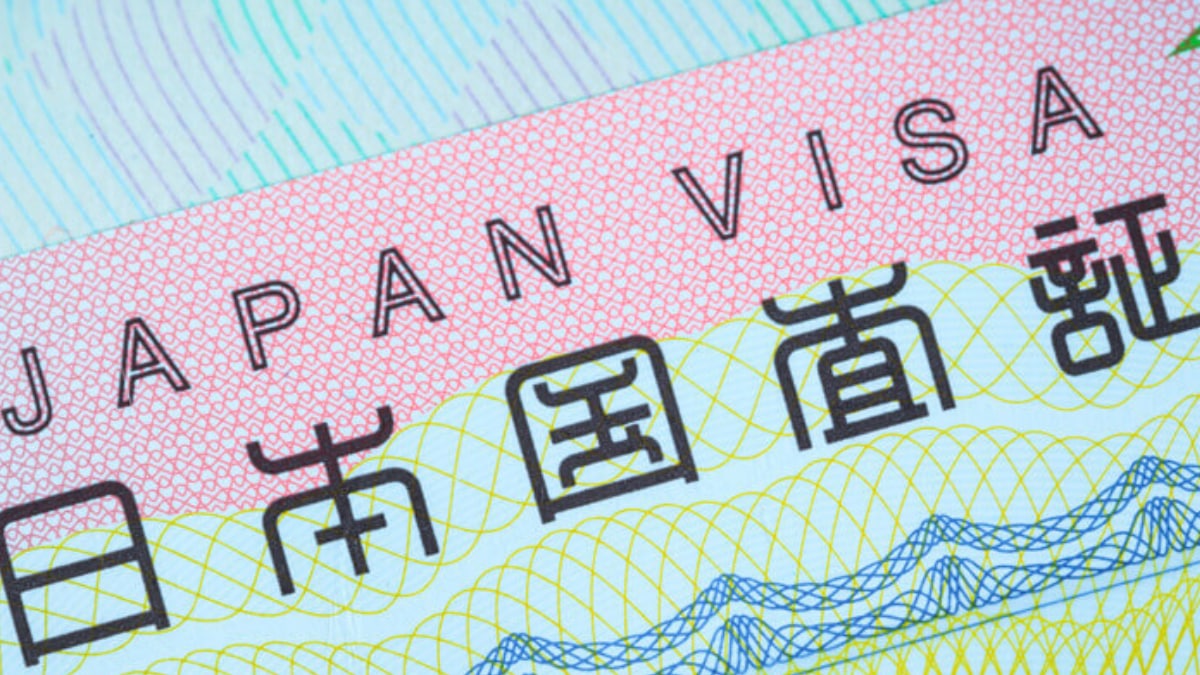Ramadan, the ninth month of the Islamic calendar, is a special time for Muslims around the world. It is a month of fasting, prayer, and reflection, bringing people closer to their faith. This year, Ramadan is expected to start on March 1, based on the sighting of the crescent moon. While fasting is an important part of this month, there are certain situations where people are allowed to skip it. This article explains who is excused from fasting and why.
Ramadan 2025: Who is required to fast?
Fasting during Ramadan is obligatory for all adult Muslims who are physically and mentally capable. The fast involves abstaining from food, drink, smoking and other physical indulgences from Fajr (pre-dawn) until Maghrib (sunset). However, Islam provides compassionate exemptions for those who face difficulties in observing the fast.
Ramadan 2025: Who can skip the fast?
Children: Fasting is not obligatory for children who have not reached puberty. However, many parents encourage their children to observe partial fasts as preparation for full fasting in adulthood.
Elderly Individuals: Those who are too weak or frail to endure fasting due to old age are exempted. Instead, they can offer fidya (charitable compensation) by feeding the poor.
Pregnant and Breastfeeding Women: Women who are pregnant or breastfeeding can skip fasting if they fear it may harm their health or the baby’s well-being. They may either make up the missed fasts later or provide fidya if they are unable to do so.
Menstruating Women: Women experiencing menstruation are not required to fast. They are expected to make up for the missed fasts after Ramadan.
Sick Individuals: Those suffering from temporary illness can skip the fast and compensate by fasting later when they recover. Those with chronic illnesses, who cannot fast at all, may give fidya instead.
Travelers: People traveling long distances (typically exceeding 80-90 km) can opt not to fast during their journey. However, they are required to make up for the missed fasts once they return home.
Mentally Unwell Individuals: Those suffering from mental illnesses that hinder their ability to comprehend or observe fasting are exempted without the obligation to make up for it.
Islam acknowledges human limitations and provides compassionate exceptions to fasting during Ramadan. Those who are unable to fast due to genuine reasons are encouraged to compensate in appropriate ways, ensuring that the spiritual essence of the holy month is upheld. Muslims who can fast are encouraged to do so with sincerity, while those exempted are reminded that Allah is merciful and understanding of their circumstances.








